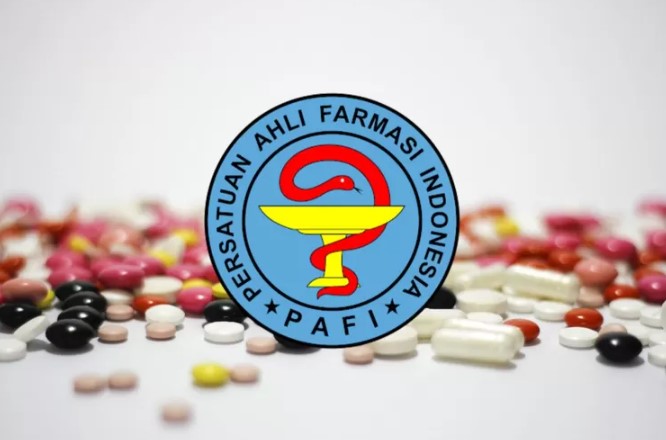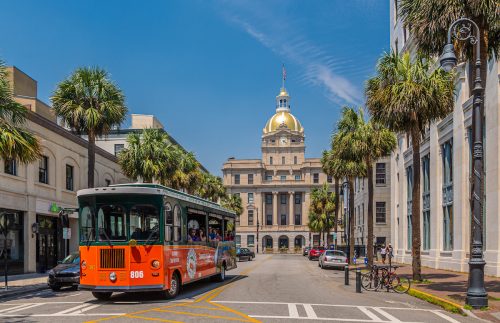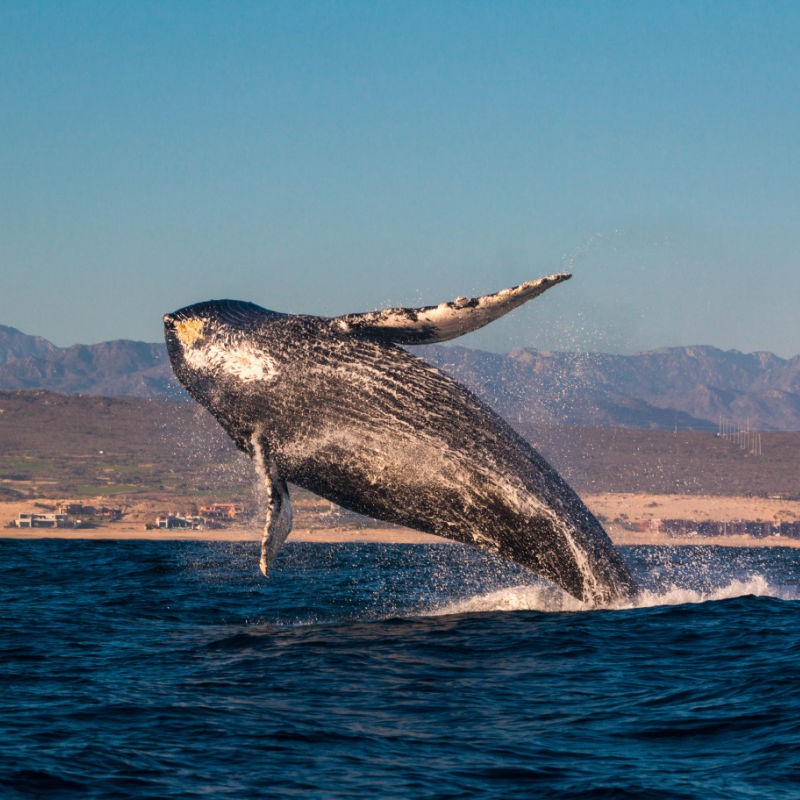WHO urges travellers to wear masks as new COVID variant spreads
/cloudfront-us-east-2.images.arcpublishing.com/reuters/NR3ZQN5M6NP47DYKIZ4OM5EMLE.jpg)
LONDON, Jan 10 (Reuters) – Countries should really look at recommending that passengers put on masks on long-haul flights, presented the quick distribute of the most current Omicron subvariant of COVID-19 in the United States, Entire world Health and fitness Firm (WHO) officers explained on Tuesday.
In Europe, the XBB.1.5 subvariant was detected in little but growing numbers, WHO and Europe officials explained at a press briefing.
Travellers must be recommended to wear masks in higher-danger options these as lengthy-haul flights, said the WHO’s senior unexpected emergency officer for Europe, Catherine Smallwood, incorporating: “this need to be a recommendation issued to passengers arriving from anyplace where by there is popular COVID-19 transmission”.
XBB.1.5 – the most transmissible Omicron subvariant detected so far – accounted for 27.6% of COVID-19 scenarios in the United States for the 7 days ended Jan. 7, well being officers have reported.
It was unclear if XBB.1.5 would cause its personal wave of world bacterial infections. Recent vaccines carry on to safeguard versus severe symptoms, hospitalisation and dying, experts say.
“International locations want to glance at the proof base for pre-departure tests” and if action is thought of, “journey steps should be applied in a non-discriminatory method,” Smallwood reported.
That did not signify the agency suggested testing for travellers from the United States at this stage, she additional.
Steps that could be taken incorporate genomic surveillance, and focusing on passengers from other countries as extensive as it does not divert sources from domestic surveillance programs. Others consist of monitoring wastewater close to factors of entry this kind of as airports.
NEW VARIANT
XBB.1.5 is another descendant of Omicron, the most contagious and now globally dominant variant of the virus that leads to COVID-19. It is an offshoot of XBB, very first detected in October, by itself a recombinant of two other Omicron subvariants.
Considerations about XBB.1.5 fuelling a refreshing spate of situations in the United States and outside of are on rising amid a surge of COVID cases in China, soon after the country pivoted absent from its signature “zero COVID” plan previous thirty day period.
According to data reported by the WHO earlier this month, an examination by the Chinese Center for Ailment Manage and Avoidance confirmed a predominance of Omicron sublineages BA.5.2 and BF.7 amid regionally acquired infections.
The European Union Aviation Basic safety Company (EASA) and the European Centre for Illness Prevention and Control (ECDC) on Tuesday issued tips for flights between China and the European Union which include “non-pharmaceutical actions to lower the distribute of the virus, these kinds of as mask-donning and tests of travellers, as very well as checking of waste h2o as an early warning tool to detect new variants.”
The agencies advise “random screening may well also be carried out on a sample of arriving passengers” and “improved cleaning and disinfection of aircraft serving these routes.”
Final week, the EU’s Built-in Political Disaster Reaction group (IPCR), is a entire body built up of officials from the EU’s 27 governments, also advisable all travellers on flights to and from China must have on confront masks and random testing of travellers arriving from China.
Many experts – including from the WHO – think China is likely underneath-reporting the real extent of its outbreak.
The WHO is knowledgeable that the scenario-definition of what counts as a COVID-19 demise in China is narrow and “not necessarily the scenario definition that WHO has advisable nations undertake,” reported Smallwood.
More than a dozen countries – together with the United States – are demanding COVID tests from travellers from China.
Reporting by Gabrielle Tétrault-Farber in Geneva, Natalie Grover in London and David Shepardson in Washington Enhancing by William Maclean, Mark Potter and Bernadette Baum
Our Standards: The Thomson Reuters Believe in Principles.





